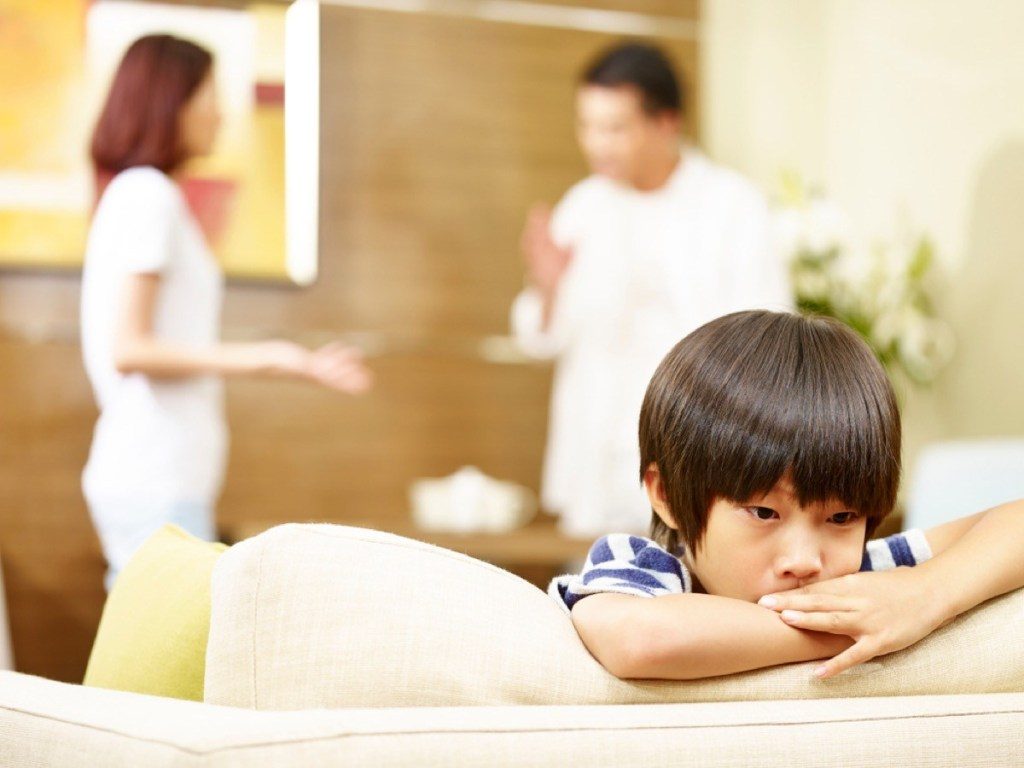Parents fighting over custody of their children should prove that joint custody is in the best interest of the child. Otherwise, a judge will grant one parent sole custody and visitation rights to the other. Because of the complexity of the laws that govern child custody, it is imperative for parents in a contested divorce to consult a Boston divorce and family law attorney. If you are in this situation, your attorney will educate you about the impact of the child custody laws on you and how you must operate under them.
Physical Custody vs Legal Custody
Physical custody is the daily aspect of raising a child including the right to decide where and with whom the child lives. Often, a child lives with one parent and gets visitation with other parents. If parents can manage a 50/50 custody split, the child lives with every parent an equal amount of time. But, this arrangement only works when parents live close to one another and to the school of their child.
Meanwhile, legal custody is the right of the parents to make major decisions on raising their child including education, religious training, and health care. Also, it can involve the hobbies and extracurricular activities of the child.
Joint Custody vs Sole Custody
Joint custody in Massachusetts means both father and mother have equal rights and responsibilities when making important decisions for their child. For instance, both parents can work together when planning for the health and education of their child. They consult with one another or big decisions and keep one another informed on significant developments.
On the other hand, sole custody means rights are given to just one parent. This means this parent is responsible for making big decisions for the child. It provides one parent with the exclusive right to determine where the child should live. And the court gives the other parent visitation rights and the right to be informed on matters such as the health and education of the child.
Usually, sole custody is granted to one parent when this person was found guilty of wrongdoings like domestic abuse. It is granted based on the best interest of the child, not as punishment to this parent.
Factors a Judge Will Consider When Determining What’s Bes for a Child?
To determine what is in the best interest of a child, a judge will analyze different criteria. These include every parent’s physical and mental condition, the child’s relationship with each of them, the parents’ desires, previous allegations of abuse or neglect, and others.
